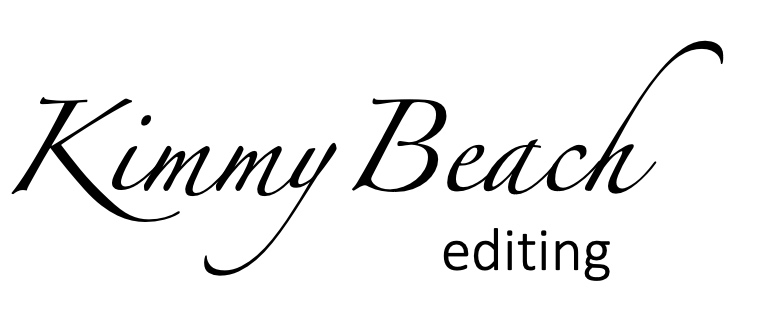Ah, Wilbur Smith... how purple is thy prose? The purplest!
(Source)
I’ve talked about eyeballs in an earlier post, and it’s time to revisit them. This week, I want to tackle the eyes even more. This is the next in a short series of posts about what I like to call “eyeball editing”.
You know that I don’t judge anyone on their reading tastes, and I never will. We all read what we read, and really: who gives a continental crap what anyone thinks of our taste in books. I mentioned Wilbur Smith a while back and suggested you might read one of his novels so that you can make sure you’re not Wilbur Smith.
Millions of readers cannot be wrong about him, I suppose, and even Stephen King says he’s the best historical novelist, like, ever. That might well be true, but O Wilbur. Thy prose. Thy overpowering purple prose!
(Source)
This passage is from A Sparrow Falls, the one and only Wilbur Smith novel I’ve read and likely the only one I ever need to read. Dig:
“For a moment Storm’s expression was ferocious, and the dark blue eyes snapped with electric sparkle. Irene held her gaze undaunted, making her own paler blue eyes wide and artless, and deliberately, challengingly, she let her hand linger, squeezing lightly on Mark’s sleeve.”
Those adverbs are their own set of problems, but for now I’d like to focus on Storm and Irene and their superhuman eyeballs. In the history of my nearly fifty-five years on this big blue planet, I have never (not even once) seen anyone’s eyes snap with electric sparkle. What the hell does that mean? As the kids say, “I can’t even.” (That’s what the kids say, right? I’m kinda out of that loop.)
Further, I don’t know what “artless” eyes are. “Wide,” okay. I’ll give ol’ Wilbur that. I can picture that.
Elsewhere in the novel, somebody looks into someone else’s eyes, and sees a “steely glint” of “mystery.” Steely glint?
When I’m facilitating writing or editing workshops, I often have the participants get together in twos. I’ll give them a slip of paper on which I’ve written “wide and artless” or “steely glint”. One participant attempts to make her eyes wide and artless, while the person across the table has to guess what she’s doing with her eyeballs. It’s especially challenging for a participant when the paper he’s holding says, “snapping with electric sparkle”. Try making that happen in the basement of the library where I’m holding my workshop. Unless you’re this guy…
…. I would challenge you to make your eyes snap with electric sparkle in such a way that a person you’re sitting across from would recognize that and say to you, “Your eyes are snapping with electric sparkle.” A snowball has a better chance in hell.
What works for Wilbur Smith really doesn’t work for us (though I’d happily take his wide and artless and sparkly piles of cash). Unless a person you’re having coffee with can identify from across the table what you’re doing with your eyes (steely glints and sparkles), it’s not a bad idea to chop all that detail from your manuscript. And by “not a bad idea,” I mean CUT IT ALL.
Eyes do two things: cry and look. That. Is. It. While some emotions are conveyed through our eyes, they simply do not snap with electric sparkle no matter how we try, or how fun it would be to laser-beam our naysayers willy-nilly with them.
I read this to the same delighted cousins I was reading to about the “nipples of her breasts” (from the same book). We all took turns attempting to make our eyes wide and artless. We were laughing too hard to notice whether it worked. My conclusion? It didn’t.
In your document, I’d invite you to search for “eyes”. If any of the eyeballs in your manuscript make sparks or are steely or artless, I would further invite you to try to make that happen and ask someone to tell you exactly what you’re doing with your eyes. They won’t be able to, and you’ll cut hundreds of unnecessary blah blah eye words.



